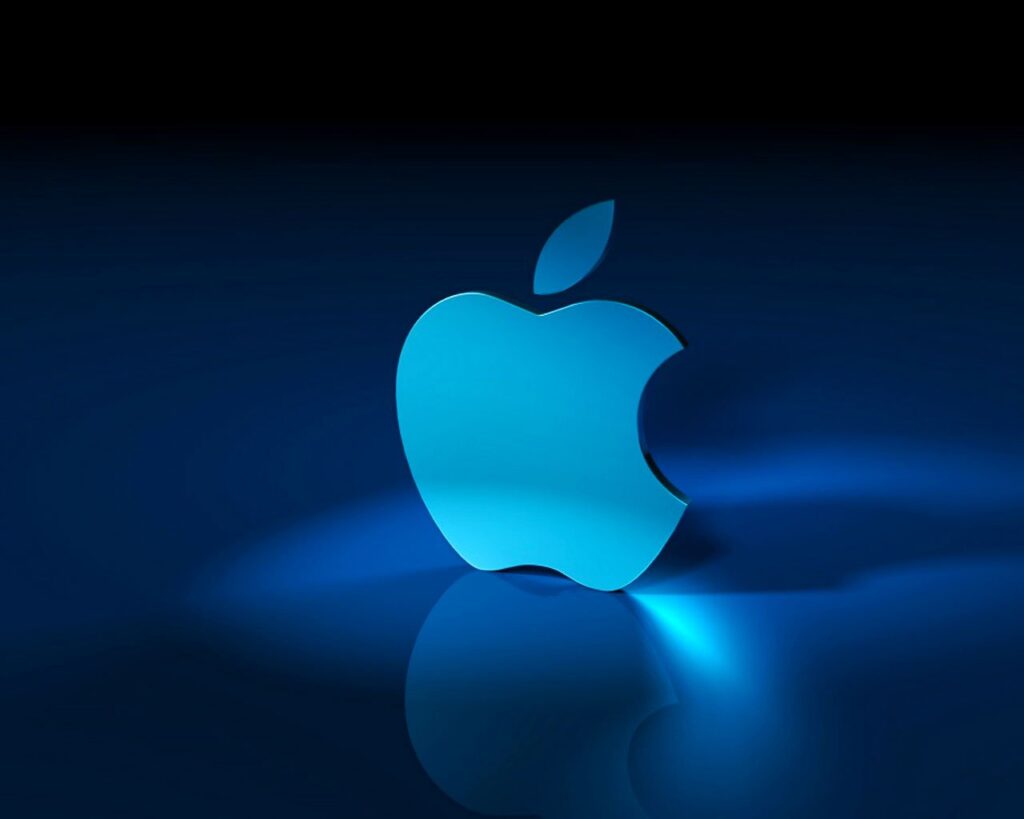Apple has reignited discussions with OpenAI to integrate generative AI into the iPhone, aiming to unveil new features this year.

Apple and OpenAI have recommenced discussions regarding the iPhone’s use of the company’s generative AI technology. News reports indicate that talks between Apple and OpenAI have resumed regarding utilizing the startup’s generative AI technology to drive specific forthcoming iPhone features. During the transition, Apple is attempting to generate AI revenue and concentrate more on developing its artificial intelligence sector.
As per information sourced from individuals who know the matter, the companies have reportedly begun deliberating on the terms of a potential agreement and integrating OpenAI technologies into iOS 18, the forthcoming operating system for Apple’s iPhone.
Apple was previously engaged in license negotiations with Google to implement Gemini, an additional automaton for the iPhone. Apple has not agreed on collaboration partners; the company could opt for an entirely different provider or agree with Alphabet Inc.’s Google and OpenAI.
Following its decision to exit the electric vehicle industry, Apple will likely redirect its focus towards artificial intelligence (AI) products in the future. The decision was reached as a reaction to the endeavors of technology companies to generate substantial profits from artificial intelligence services. Google has already introduced an updated version of Gemini for Workspace, propelled by artificial intelligence.
Microsoft is also enhancing its AI product portfolio with significant additions in the same competition. Nowadays, most technology companies are attempting to profit substantially from artificial intelligence.
Almost all publicly traded technology companies are involved with AI products in some capacity. Profitable technological enterprises are arduously trying to join the artificial intelligence (AI) bandwagon. Apple’s action today merely solidifies this.
In the future, artificial intelligence (AI) will generate substantial revenue for IT organizations. Furthermore, it is anticipated that the worldwide market for artificial intelligence will expand at a compound annual growth rate (CAGR) of 37.3% from 2023 to 2030.
China is expected to gain the most from artificial intelligence, per Forbes. North America’s gross domestic product will have increased by 14.5% by 2030, compared to the nation’s 26% growth. These benefits will account for approximately 70% of the worldwide economic influence of $10.7 trillion.
